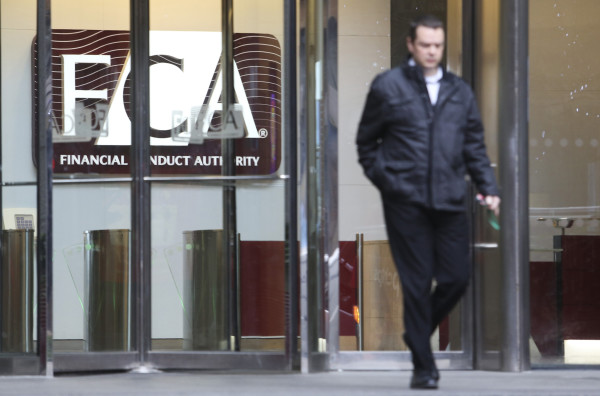

The Financial Conduct Authority (FCA) decision to probe all advisers offering defined benefit (DB) pension transfers has been branded "better late than never", as the regulator ramps up scrutiny almost three years after pension freedoms began.
Last week, the City watchdog said it would collect data from all financial advice firms holding pension transfer permissions.
Megan Butler, the regulator’s head of supervision, said the FCA would assess “practices across the entire market to build a national picture”.
While the regulatory scrutiny has been welcomed, some have said that more should have been done before huge swathes of the public irrevocably surrendered their defined benefit (DB) entitlements.
Tilney’s head of retirement planning, Andy James, said it is a shame the regulator is only requesting detailed information from the whole market now, rather than when pension freedoms first came on the scene in April 2015.
The regulator has taken steps to monitor the situation in some parts of the defined benefit transfer advice market since then.
The regulator’s first post-freedoms study was published last year, three years after pension freedoms were first announced by George Osborne in the March 2014 Budget.
Last October, the FCA said the study - which began in 2015 - found more than half of DB to defined contribution (DC) advice was unsuitable or unclear. Only 47 per cent were found to be suitable from a total of 88 DB transfers analysed.
The FCA has since taken three more months to announce it would look more closely at all businesses arranging pension transfers, following mounting pressure from Labour MP Frank Field.
The chairman of the work and pensions select committee criticised the FCA, in particular over the British Steel saga, where many workers were being encouraged to transfer their DB entitlements into DC schemes by unscrupulous advice firms.
However, supporters have defended the regulator, saying 2014’s surprise announcement put the FCA in a difficult position, and its commitment to protecting DB savers should not be questioned.
Rory Percival, a former technical specialist at the FCA, said he was not surprised by the decision to take further action.
He said: “It is yet another demonstration of how seriously the FCA take DB transfers in general and British Steel pension transfers in particular.”
Tom McPhail, head of policy at Hargreaves Lansdown, also defended the FCA. He said the decision to act now was due to the enormity of the challenge handed to the regulator by pension freedoms.
He said: “It had no warning [from the government], and like the rest of us, only had 13 months to prepare.
“No one really knew for sure how it was going to play out. There is this perfect storm, with the pension freedoms being introduced, this big wave of people hitting retirement and the low interest rate environment meaning that transfer values are inflated. It is very difficult to plan, and very difficult to regulate.”
Keith Richards, chief executive of the Personal Finance Society, said few should be surprised by the FCA’s decision to further scrutinise the advice market.
However, he said it would be “extremely helpful” if the FCA accelerated publishing its final guidance on pension transfers – which was put out for consultation last year – to give advisers clearer definitions and parameters.
The FCA said it will publish the guidance in Q1 this year.
Tilney’s Mr James said that supplying the regulator with the information they needed would have a significant impact on advisers’ resources.
He added: “But if we can get more clarity around what good practice looks like and what the FCA expects to be reviewed with DB transfers, it will be time well spent.”
In the two years since April 2015, savers taking advantage of pension freedoms and high transfer values transferred more than £50bn in DB entitlements, according to Mercer.
maria.espadinha@ft.com



